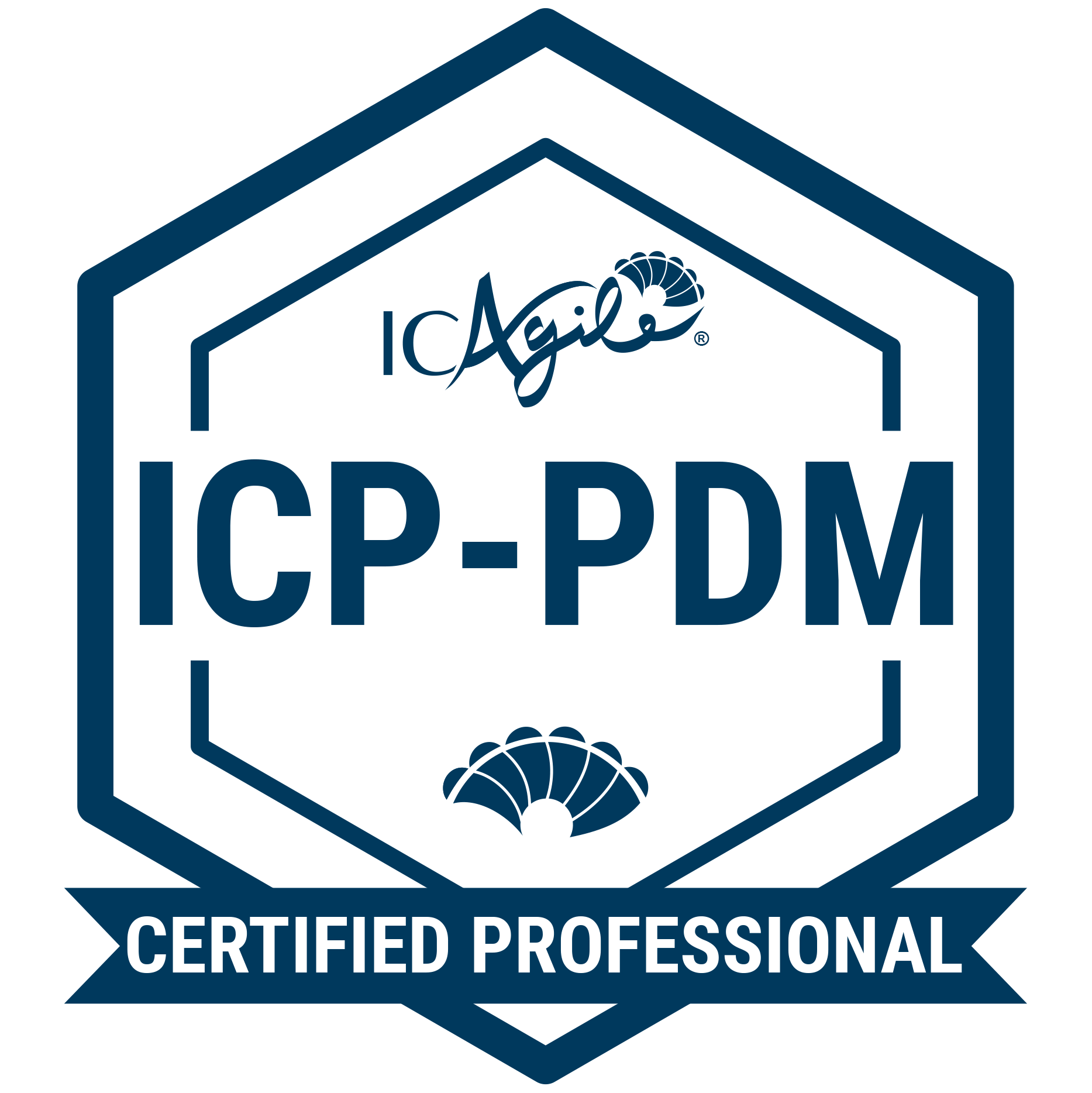Tutorial Overview: Business Analysis 101
-
The business analysis is one of the most important components that influence the outcome of any project. A business analyst performs the tasks of comprehending the business need, proposing the appropriate solution, and ensuring that the solutions' subjects effectively get done through proper requirements collection, analysis, and management.
- Business Analysis 101 is designed to provide you with a comprehensive understanding of the core principles, tools, and techniques essential for successful business analysis. Through 13 detailed modules, this tutorial equips aspiring business analysts with the knowledge they need to define their roles, effectively gather and document requirements, and apply key methodologies like Agile. Whether you're new to the field or looking to enhance your skills, this course covers everything from business process modeling to real-world case studies.
Topics Covered
- Definition and Scope of Business Analysis
- Role and Responsibilities of a Business Analyst
- Importance of Business Analysis in Project Success
- Business Process Modeling
- Requirements Gathering Techniques
- Stakeholder Identification and Management
- Techniques for Analyzing and Prioritizing Requirements
- Documenting Business Requirements effectively
- Overview of common Business Analysis tools
- Introduction to Agile Methodologies, Agile Business Analysis Practices, and Applying Agile Techniques in Business Analysis
- Best Practices and Tips for Success in Business Analysis
Looking to kickstart your career in business analysis? Enroll for ECBA which is ideal for beginners looking to start a career in business analysis.
Enroll Now!What Exactly Is Business Analysis?
At its core, business analysis is all about understanding a company’s needs and finding the best ways to meet them.
It’s like being a detective for a business—you gather information, analyze it, and then recommend solutions that can improve the company’s performance.
A business analyst is the person who performs this role. They work closely with different parts of the organization to figure out what’s working well and what isn’t.
Then, they develop strategies to solve problems, streamline processes, and help the company achieve its goals.
What is the Scope of Business Analysis?
Business analysis is all about making sure technology helps businesses work better, not cause more problems. It's like being a translator between what a business needs and what technology can do.
Business analysts examine a company's operations and devise ways to improve them. They must understand the company's structure, rules, and day-to-day operations.
These days, things change fast. New technology keeps coming out, and what customers want changes quickly, too. So, business analysts need to keep up with all these changes. They learn about new business methods and work with tech experts to find solutions and make things smoother.
Business analysts do things like:
-
Figure out what a business needs
-
Talk to everyone involved in a project
-
Look at how things are done now and suggest improvements
-
Study information to make smart choices
-
Check if new solutions work
-
Help explain changes to everyone in the company
Many companies look for people with special business analyst certificates. These show that someone has the right skills to do the job well.
Boost your skills with our Business Analysis Fundamentals Training at Agilemania. Learn core techniques, tools, and Agile practices to excel in your Business Analysis role.
Enroll Now!Conclusion
In conclusion, business analysis is a multifaceted discipline critical to organizational success. By identifying business needs, analyzing processes, and facilitating effective communication among stakeholders, business analysts help organizations navigate complex challenges and achieve their strategic goals.
As businesses evolve and adapt to changing market dynamics, the demand for skilled business analysts will only grow, making it an exciting and rewarding field for those looking to make a meaningful impact in the business world.
Ultimately, embracing the principles of business analysis empowers organizations to adapt, innovate, and thrive in an increasingly competitive world.
Have you ever thought about how Business Analysts work in Agile Scrum?
They play an important role in connecting stakeholders and developers. To learn more about what they do and how they help Agile teams, check out the blog!
Read More





























































































